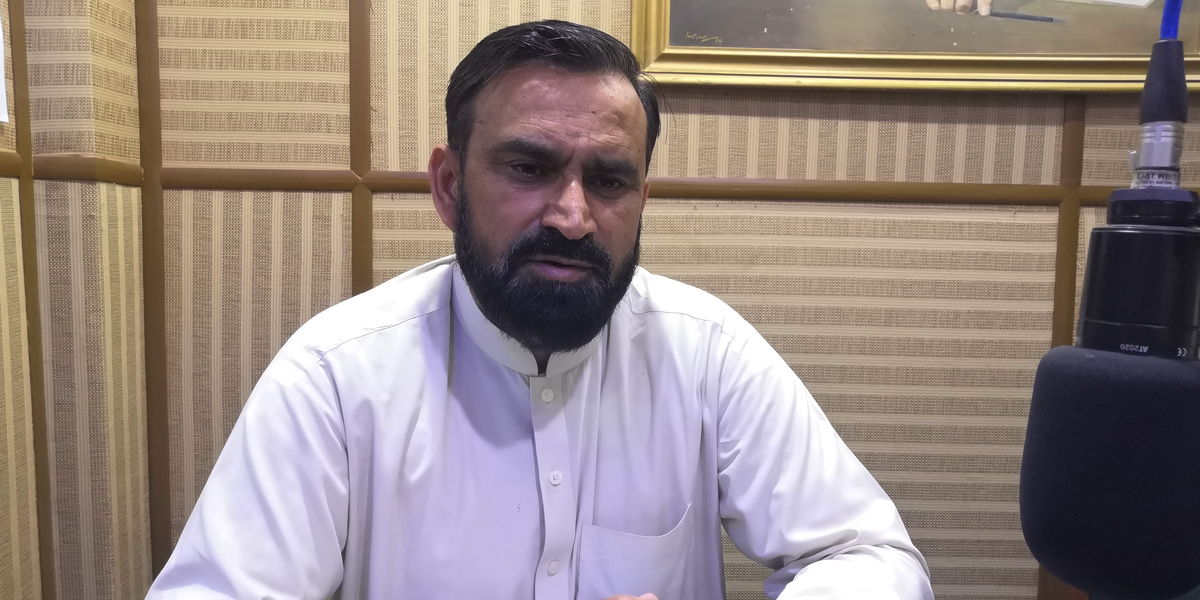The 149th radio program as part of the Center for Research and Security Studies’ (CRSS) counter-radicalization initiative Ulasi Taroon (Social Cohesion) aired on the subject theme.
The first guest on show, Mr. Iftikhar Firdous, Senior Journalist, noted that the state refers to a geographical entity that has a distinct fiscal system, constitution, and sovereignty recognized by other states as part of the global state system. A state cannot be changed unlike government. In this entire system, it is extremely important that the state institutions respect each other and observe their respective constitutional limits. For good governance, it is extremely important that the public institutions conduct public affairs and manage public resources in an efficient, transparent and accountable manner.
Loopholes in the system of governance where its key stakeholders do not fulfill their public service responsibilities can take a devastating toll on the social fabric and cohesion. That said, there is a huge onus on citizens for their responsible conduct; fulfill their duties as part of social contract. Best example that underscores the criticality of citizens’ role is COVID pandemic that clearly shows how the governments can only do so much without responsible citizenship or it can mean serious social, economic and health implications. To onboard citizens in the national development processes and harness their potential for progress and prosperity, it is important to educate them on the democratic and political processes and their roles as key actors.
The second guest on show, Ms. Aisha, CRSS’s Ulasi Taroon Alumna, and a student of Kohat University of Science and Technology (KUST), said that there is huge responsibility on youth leaders to learn and then promote the values key to upholding rule of law and good governance. Our future leaders need opportunities like Ulasi Taroon Youth Capacity Building Workshops to develop their leadership and peacebuilding potential by familiarizing them with the core constitutional values of peace and harmony.
The third guest on show, Mr. Akhtar Ali Shah, former Inspector General of Police, KP opined that the key elements of good governance are efficiency, transparency, accountability and consideration of the public service needs. The constitution of Pakistan advocates for the indiscriminate application of rule of law where the role of these core pillars of the state – executive, judiciary, legislature – and even media, to uphold these ideals is very important.
The article 19A of the constitution of Pakistan empowers every citizen with the right to have access to information in all the matters of public importance. This is an extremely important citizens’ entitlement and is key to uphold transparency and accountability as one of the fundamental principles of governance. The concepts of good governance and rule of law, both are interlinked because every institution is interdependent over the performance of other that are functional to serve masses in a state.
A good political system also respects the traditions of a society to ensure that its cohesion remains intact and citizens do not lose the sense of belonging. Both role of media and educational institutions to spread awareness among masses regarding rule of law and good governance is of paramount importance. The newly merged districts need special attention and good governance to address their socio-economic development needs and to bring them at par with the developed parts of the country.
About Ulasi Taroon
Ulasi Taroon is a counter radicalization initiative of Center for Research and Security Studies that aims to address the radicalization challenges, extremist ideologies and foster social cohesion through a discourse anchored in the core constitutional values which are fundamentally essential prerequisites for social peace and harmony. The endeavor aims to cultivate and sensitize the people of KP in the core values in the Pakistani constitution and our social contract. It’s an attempt to highlight the criticality of abiding by these ideals – such as adherence to rule of law, primacy and sanctity of constitution, equal citizenry, responsible citizenship, respect for fundamental human rights, tolerance for diversity and different opinions, inclusive democracy and good governance – as a measure of strengthening social cohesion and promoting peaceful co-existence.

